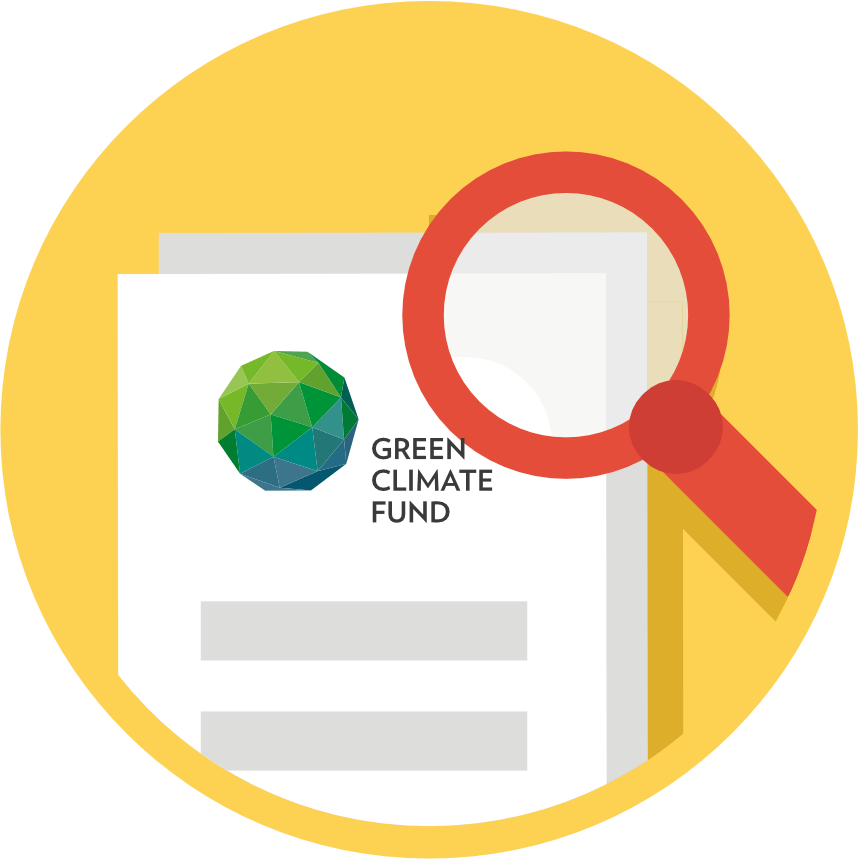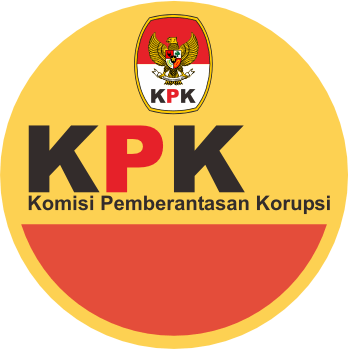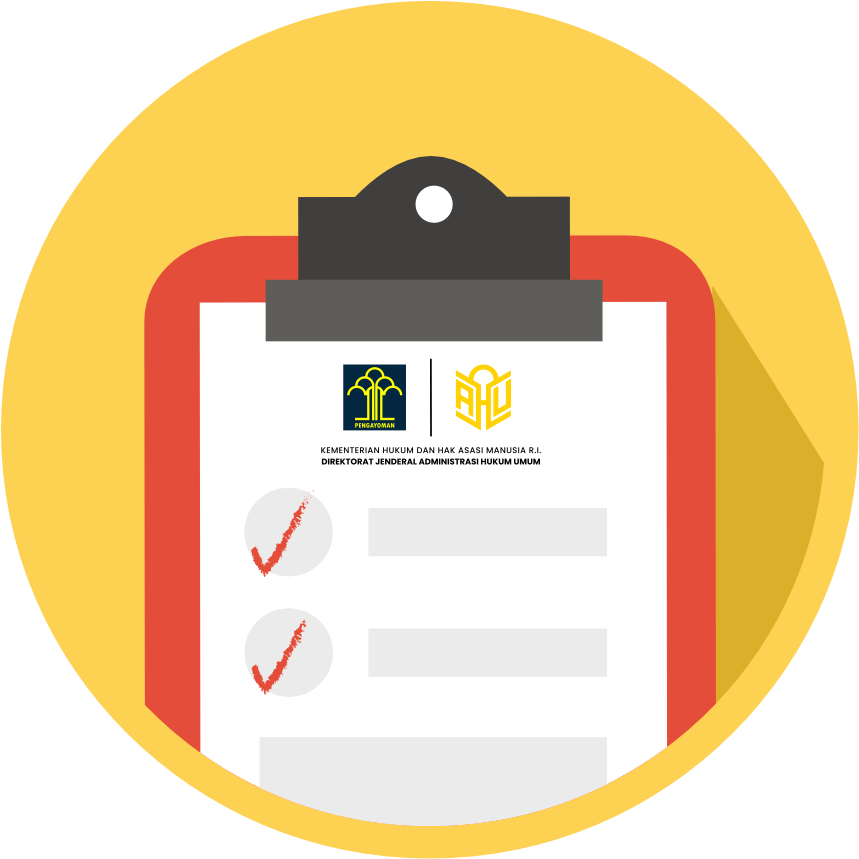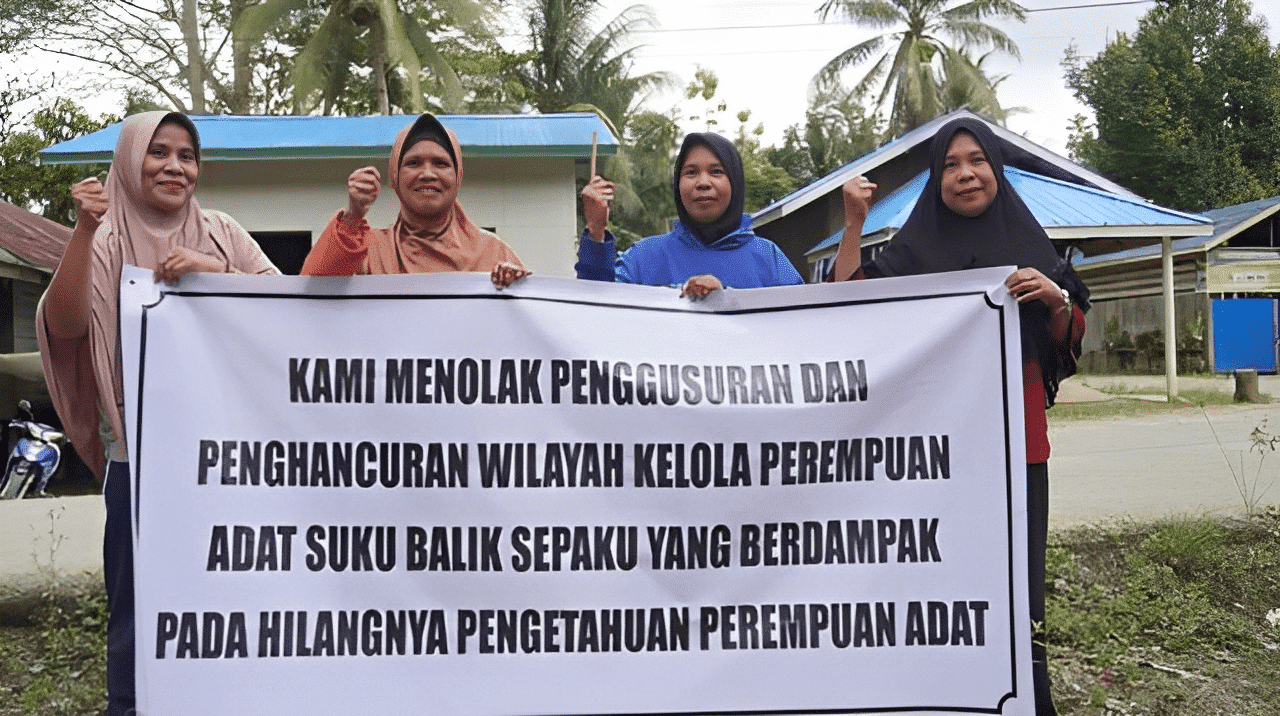
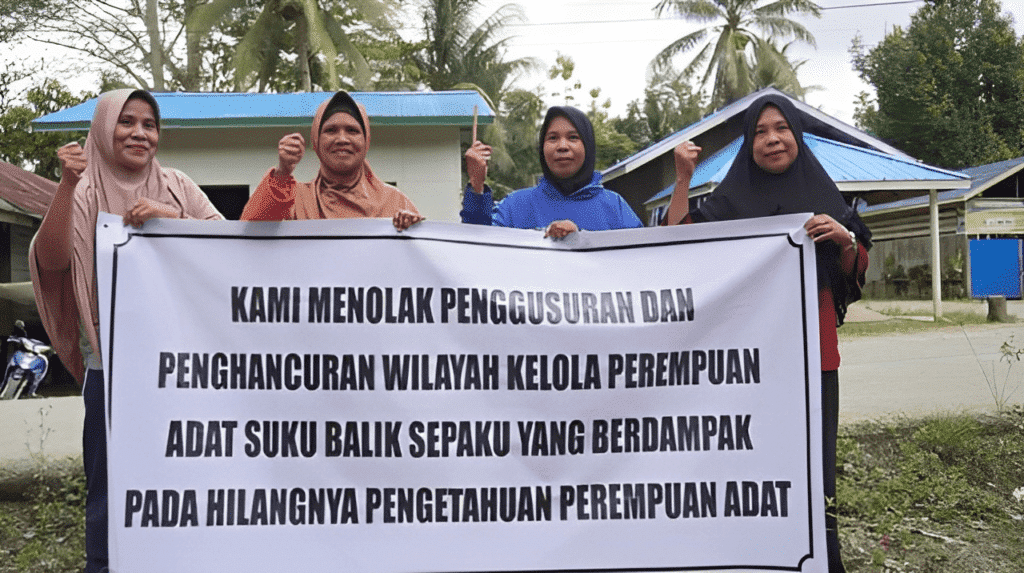
Photo Credit: JATAM Kaltim
ELEVATE (Enhancing the Leverage of Women Environmental Human Rights Defenders/WEHRDs in Sustaining the Environment) is a KEMITRAAN project which aims to improve the ability and influence of women environmental human rights defenders (WEHRDs) for environmental sustainability.
According to Komnas Perempuan, there were 87 cases of violence and attacks against women human rights defenders reported directly to them within 2015-2021 period. However, this number is just the tip of the iceberg, considering there are many unreported cases.
The improvement in the capacity and influence will be focused on the women and communities whose land and resources are threatened by big-scale development projects such as monoculture plantation expansion and extractive industry who neglect environmental aspects.
About Project
Background
Public participation is crucial to influence the formulation and implementation of state regulation, policy, and decisions.
However, the state tends to limit people’s participation in the decision-making process, one of which is experienced by human rights defenders through threats, violence and criminalization. The WEHRDs face multiplied risks since the assaults are not only attacking them as human rights defenders but also their identity as a woman, mother, and community member. Sexual assault, stigmatization, discrimination, and neglection are commonly happened.
Goals
The two main objectives of the ELEVATE project are:
- To strengthen state-based and community-based protection mechanisms for WEHRDs;
- To advance the leadership and leverage of WEHRDs and civil society organizations (CSOs) to advocate gender-sensitive environmental policies.
Timeline
October 2022 – January 2025
Location
National level and provincial level (Riau, East Kalimantan, Central Sulawesi)
What We Do
KEMITRAAN carries out this project through direct implementation and collaboration with partners at the national level and local partners in the Provinces of Riau, East Kalimantan, and Central Sulawesi, through several strategies such as:
- Capacity building for WEHRD individuals, communities, and supporting civil society organizations on the security and protection of WEHRDs and network strengthening.
- Technical assistance to promote mutual engagement between state and non-state actors (e.g. civil society organizations) in preparing the gender-sensitive legal instruments for WEHRDs protection.
- Research on the condition of WEHRDs protection in Indonesia and women in the mining and palm oil industry.
- Advocacy to influence policies on the protection of WEHRDs so that they can actively participate in negotiating gender-sensitive policies in the management of natural resources and the environment. The activities include advocacy on priority issues related to environmental human rights defenders that are gender-sensitive, conducting dialogue between stakeholders that will support capacity building and protection for human rights defenders, advocating cases in assisted communities, and providing emergency assistance for human rights defenders’ cases.
- Knowledge and learning management is an important process to integrate data and information from various initiatives carried out by civil actors through the improvement of the HRDKS (Human Rights Defenders Knowledge System). This system serves as a forum for sharing and exchanging information and knowledge products on human rights defenders and women human rights defenders’ issues.
The ELEVATE project is expected to accomplish:
- Research, such as:
- The risks faced by human rights defenders and women human right defenders, and the gaps in the legal framework regarding the protection of WEHRD
- Annual Report on the current situation faced by WEHRD, including the type of attack and the state’s response to the attack; changes in laws and other policies related to human rights defenders (HRDs) and women human rights defenders.
- Documentation of good practices and lessons related to strategies and challenges faced by WEHRD at the national and regional levels;
- The impact of the Job Creation Law on the conditions of women in the palm oil and mining sectors, along with advocacy to improve the Law and its implementing regulations
- Partnering with civil society organizations at the national level, advocate policy related to:
- Protection of WEHRD against Threats of Criminal Contempt in the new Criminal Code
- Revision of the Electronic Information and Transaction (ITE) Law
- Strengthening the Implementation of ANTI-SLAPP Rules in article 66 of the Protection and management of the environment (PPLH) Law
- Training for gender-sensitive community-based protection mechanisms for environment human rights defenders in partnership with civil society organizations in Riau, East Kalimantan and Central Sulawesi Provinces
- Increasing the capacity of civil society organizations through:
- Training on protection and security mechanisms for 6 local partners in the Provinces of Riau, East Kalimantan and Central Sulawesi and 3 national partners
- Gender sensitive environmental policy advocacy for WEHRDs and CSOs
- National report on WEHRDs case data and handling
- The HRDKs (Human Rights Defenders Knowledge System) as a system for documenting attacks and handling WEHRDs cases
- Emergency assistance for human rights defenders who experience threats, attacks, and criminalization
- National coalition for advocating WEHRDs and urge an action plan to strengthen gender-sensitive policy advocacy in the oil palm and mining sectors.

